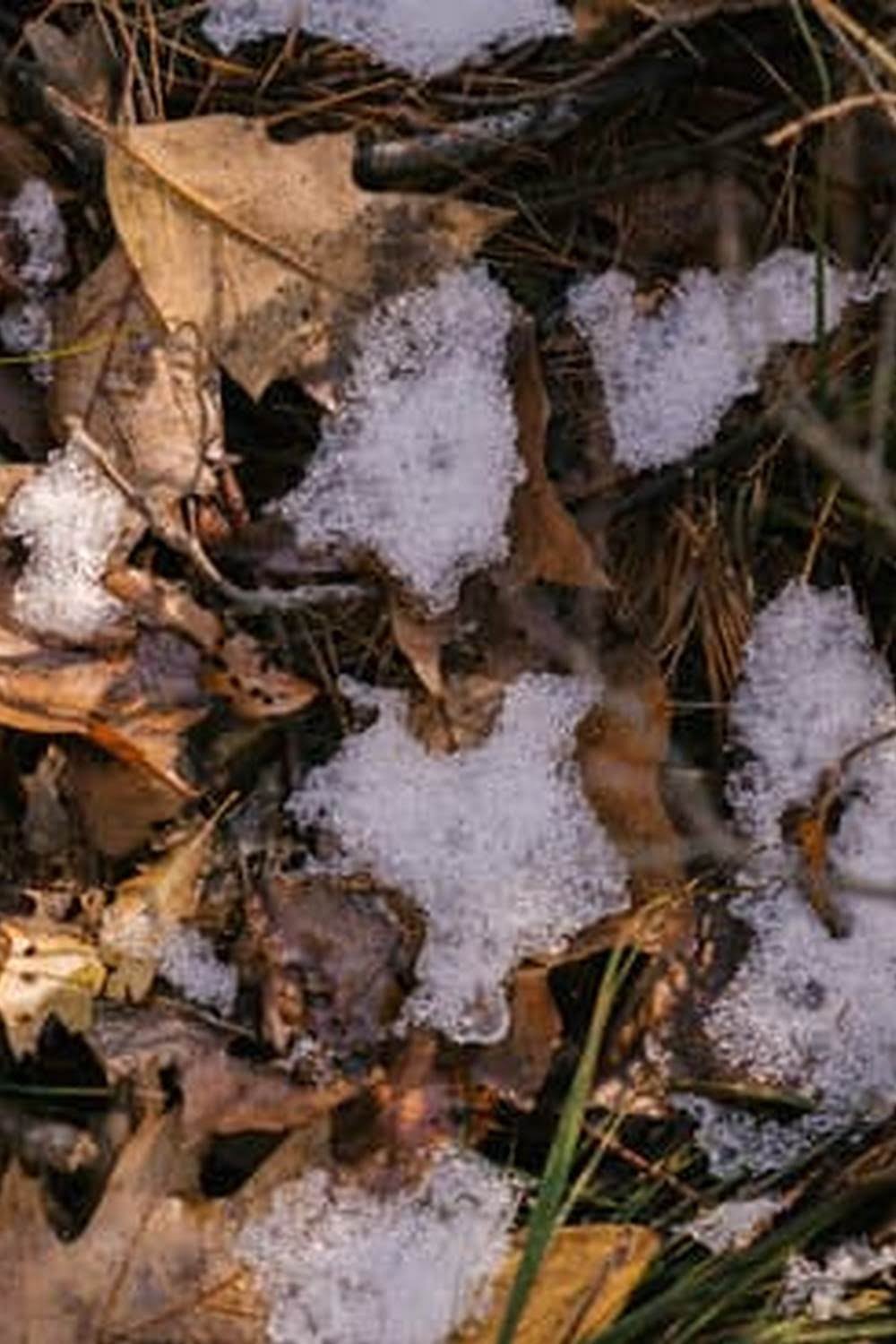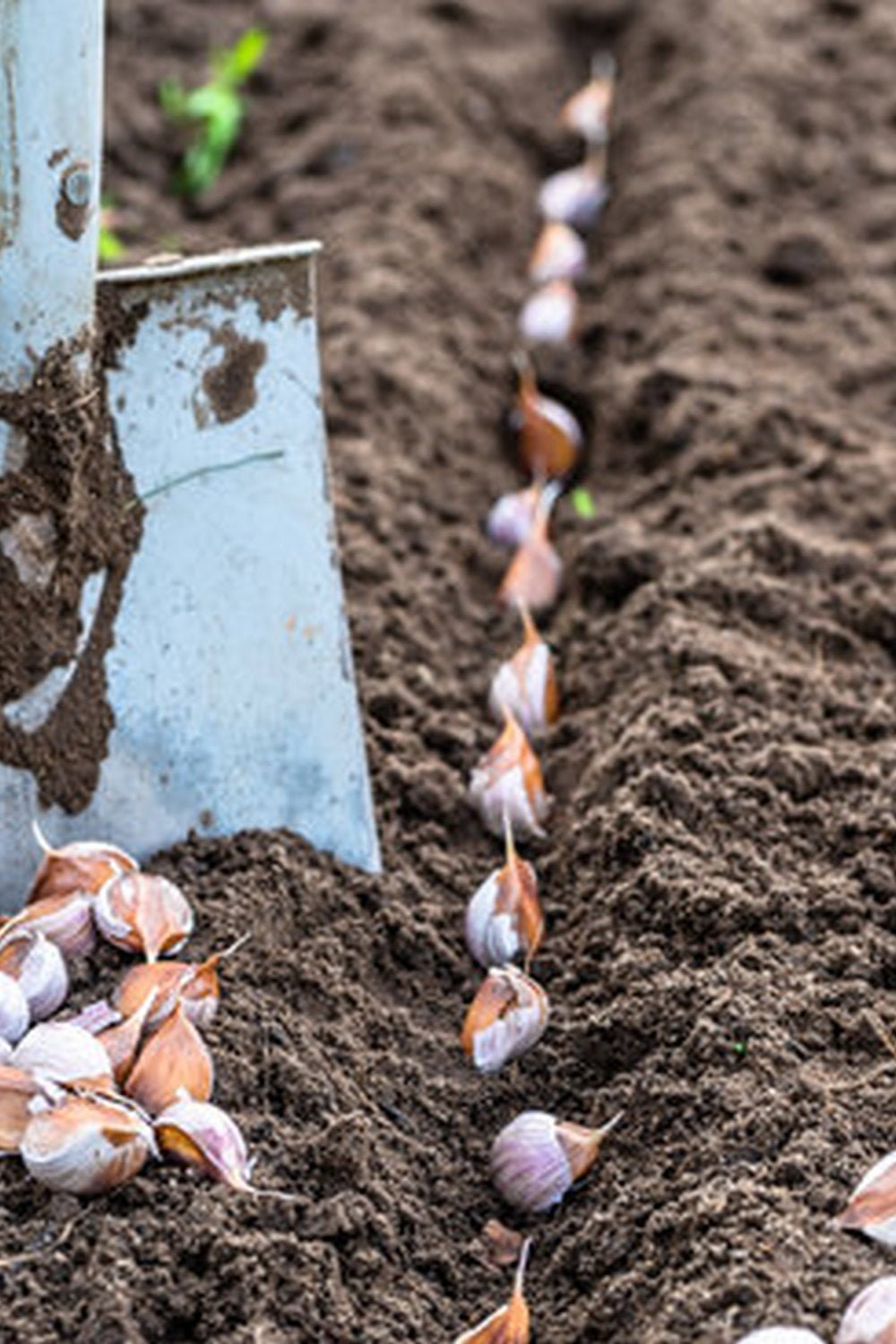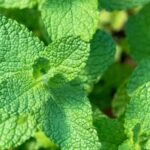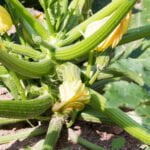Introduction
Using manure in a vegetable garden can be an effective way of providing nutrients to the soil, and it can enhance the growth of your crops. When used properly, manure can provide essential minerals that promote healthy plant growth and help you save money on chemical fertilizers. However, it is important to ensure that you don’t use too much manure, because applying excessive amounts can have detrimental effects on both your soil and your vegetables.
When it comes to using manure in your vegetable garden, the key is moderation. If you are careful with how much you apply, timber waste or other organic materials will add valuable nutrients to the soil which boost plant health. The additionalorganic matter also helps retain moisture between irrigations and provide protection from extremes in temperature fluctuations. Moreover, using composted materials such as aged animal manures will cut down on disease-causing pathogens since most of them die off in heat associated with composting.
However, if too much manure is applied it can actually damage plants by creating excessively high levels of salts and nitrogen that quickly break down into toxic materials for plants. For instance, excess nitrogen causes vegetables to rapidly produce foliage at the expense of producing quality fruits and seeds. In addition, ammoniacal nitrogen present in uncured or fresh manures or even improperly composted manures may damage plants when applied directly on germinating seeds or loose plant roots. Therefore, careful investigation is necessary when choosing a type of manure for use in a vegetable garden.
Overall, adding small amounts of well-aged manures are beneficial as they provide valuable minerals and nutrients needed for healthy plant growth whenever used properly but too much manure should be avoided to prevent problems with crop yields and other potential issues.
Types of Manure and Its Nutrient Content
Yes, you can use too much manure in a vegetable garden. Manure should be used in moderation because it can burn plants if there are concentrations of nitrogen that are too high in the soil. In addition, an excessive amount of manure can create an environment hospitable to disease-causing organisms and pests, while also allowing weeds to take over by providing nutrients and water needed for their growth. Different types of manure have different amounts of nutrient content. Horse, cow, poultry and sheep manures are the most commonly used varieties and they each provide varying levels of organic matter and macronutrients such as phosphorus, potassium and nitrogen. Non-vegetarian sources such as rabbit or donkey manure generally contain higher levels of available nitrogen than other sources. Additionally, chicken manures contain high amounts of both phosphorus and potassium whereas steer and horse manure offer more moderate supplies. It is important to understand these amounts when selecting the type to use for your garden since just one type of manure could ruin the balance of your soil leading to burning from too much nitrogen or stunting due to a lack of other essential macro-nutrients.
Applying Manure to Your Garden
Yes, it is possible to use too much manure in a vegetable garden. Over-fertilizing plants with nitrogen can cause them to become leggy and produce too much foliage rather than fruit. Too much nitrogen can also create unhealthy plants that are more susceptible to disease. It’s best practice to use compost or aged manure, as these forms will be less likely to burn plants with too much nitrogen. However, when using any kind of organic fertilizer like manure, you should apply in small amounts and not exceed recommended depths for different soil types. To do this safely, a soil test should be performed beforehand so you know the nitrogen content of your soil and can adjust according to needs. An easy measure is generally 1-2 inches of compost or manure spread across the topsoil in late winter before planting takes place.
The Pros and Cons of Applying Too Much Manure
Pros:
1. Manure can provide a number of essential nutrients to the soil that would otherwise be difficult to obtain. This includes nitrogen, potassium, phosphorus and other micronutrients.
2. Manure is an affordable and natural amendment that helps aerate the soil and promote better drainage.
3. Manure also helps to increase the soil’s organic matter content, which can help retain moisture and keep weeds out of your vegetable garden.
Cons:
1. Adding too much manure to your vegetable garden can lead to an overload of nitrogen which could negatively affect growth and cause root burn in vegetables from chemicals in manure that are toxic to plants.
2. It’s important to know where the manure was sourced from and how it was stored as this could introduce harmful bacteria or parasites into the soil.
3. Applying too much manure will also decrease oxygen levels in the soil making it difficult for microbial activity and beneficial organisms that are crucial for healthy plant growth being able to survive there.
Balancing Manure with Other Organic Material To Maximize Plant Growth
Yes, you can use too much manure in a vegetable garden. Over-fertilizing with manure results in soil saturation, which can be detrimental to plant health. This is because the salts found in manure can easily accumulate in the soil and have an adverse affect on root growth and respiration. Additionally, when nitrogen levels become too high due to excess fertilizing, it causes plants to produce foliage but not flowers or fruit.
Manure should not be used as a sole source of fertilizer for a vegetable garden because it tends to be nitrogen-heavy and largely imbalanced. To maximize plant growth and yield, it is important that all essential macronutrients (nitrogen, phosphorus and potassium) are present in a balanced ratio that matches the crop’s requirements. Balancing manure with other organic material such as compost or aged sawdust helps provide plants with additional micronutrients like iron and magnesium. Furthermore, combining fertilizer sources helps ensure that plants get all they need while avoiding excess nutrients that could become toxic to the environment or harm our water supplies.
Other Ways of Adding Nutrient Rich Material To Your Soil
Yes, you can use too much manure in a vegetable garden. If it is over-applied, it can burn or smother plants as well as leech out of the soil and pollute waterways. To avoid this scenario, when adding manure to your vegetable garden: make sure to spread a thin layer (1-2 inches) then work the material into the top few layers of soil; follow the manufacturer’s instructions on any dried manure products; be aware that if the material smells strong or has been sitting too long (over six months), it may have become too mature and should not be used; water the material in after application to reduce its strength.
Other ways of adding nutrient-rich material to your soil include using composted materials such as food scraps and yard trimmings, leaf litter and mulch from shrubs or trees, aged animal manures on pastureland, fish emulsion and other natural organics like seaweed extracts and worm castings. Additionally you can replenish your soil with mineral supplements like wood ash or rock dust. You may also find that incorporating manure tea – a tea made by steeping aged composted manures in water for several days and applying it to your veggie garden – provides both nutrients and disease protection for your crops.
Quick Tips For Using Manure in Your Vegetable Garden
Using manure in a vegetable garden is beneficial to the soil by providing organic matter which helps with nutrient cycling and water retention. However, too much manure can reduce the soil’s pH level, cause an increase in weeds, disease, and pests, and result in a less vigorous crop yield.
It is important to be mindful of the amount of manure being used in a vegetable garden. If possible, try to use aged manure that has had some time for the nutrients it contains to dissipate or at least minimize nitrogen levels since too much nitrogen-rich fertilizers can burn young plants. Additionally, follow manufacturer’s instructions carefully when applying any form of manure or organic fertilizer to avoid any potential burn or contamination risk that could occur from overdoses or incorrect applications.
To get the most out of your compost without harming your plants, test your compost’s pH and N reading prior to making any application. Doing this will give you greater insight into whether it is safe and healthy enough for your vegetables. Furthermore, aim to apply 1–2 inches of compost per season as opposed to a heavier application which would be considered over-amended and potentially have an adverse effect on your soil structure.
Conclusion
Yes, it is possible to use too much manure in a vegetable garden. Over-fertilizing can cause excessive growth and prevent certain vegetables from forming edible fruit. Too much fertilizer can also interfere with the uptake of vital nutrients in the soil, and lead to plant stress and nutrient imbalances that could damage vegetable production and health.
However, when used properly and in moderation, manure can be an excellent addition to a vegetable garden. Manure contains vital nutrients that specifically aid in vegetable production and can help keep your plants healthy while producing higher yields of delicious produce. When applied according to instructions, manure can be a valuable tool for creating a healthy and vibrant vegetable garden.

If you’re looking to get into vegetable gardening, or are just looking for some tips on how to make your current garden better, then you’ve come to the right place! My name is Ethel and I have been gardening for years. In this blog, I’m going to share with you some of my best tips on how to create a successful vegetable garden.





